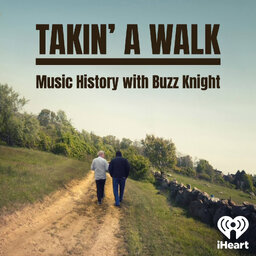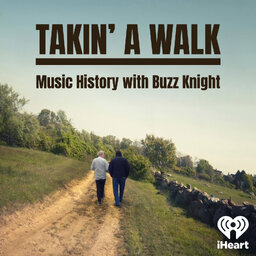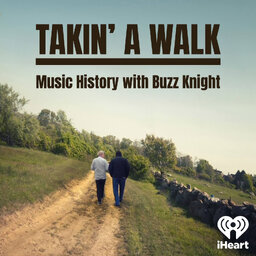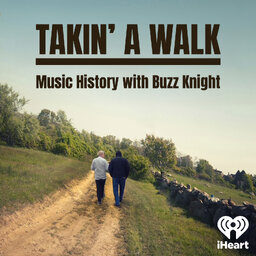"Classic Replay with Devon Allman-Carrying on his Dad's Legacy"-Music History
Join @thebuzzknight for this Classic Replay with Devon Allman. He is the son of Gregg Allman and is currently out touring with the Allman Betts Family Revival, coming to The Orpheum Theatre in Boston on 12/5.
For suggestions or comments write buzz@buzzknightmedia.com
Find us on Instagram @takinawalkpodcast.
If you like this podcast, please share with your friends and leave a review here. Review
In 1 playlist(s)
Takin' A Walk - Music History with Buzz Knight
On the Takin’ A Walk-Music History Podcast, Buzz Knight goes deep with American music’s most iconic …Social links
Follow podcast
Recent clips

"Celebrating Timeless Rhymes: De La Soul's The Grind Date Turns 20"-Hip Hop Music History-Best Musician Interview Podcast Replay
32:24

Join Buzz Knight and Peter Wolf on a Walk Through Music History, Personal Stories, and Legendary Artist Encounters-Replay-Best Music Podcast
40:31

Join Buzz Knight and C. J. Chenier as They Explore the Rich Legacy of Clifton Chenier and Zydeco Music
23:25
 Takin' A Walk - Music History with Buzz Knight
Takin' A Walk - Music History with Buzz Knight